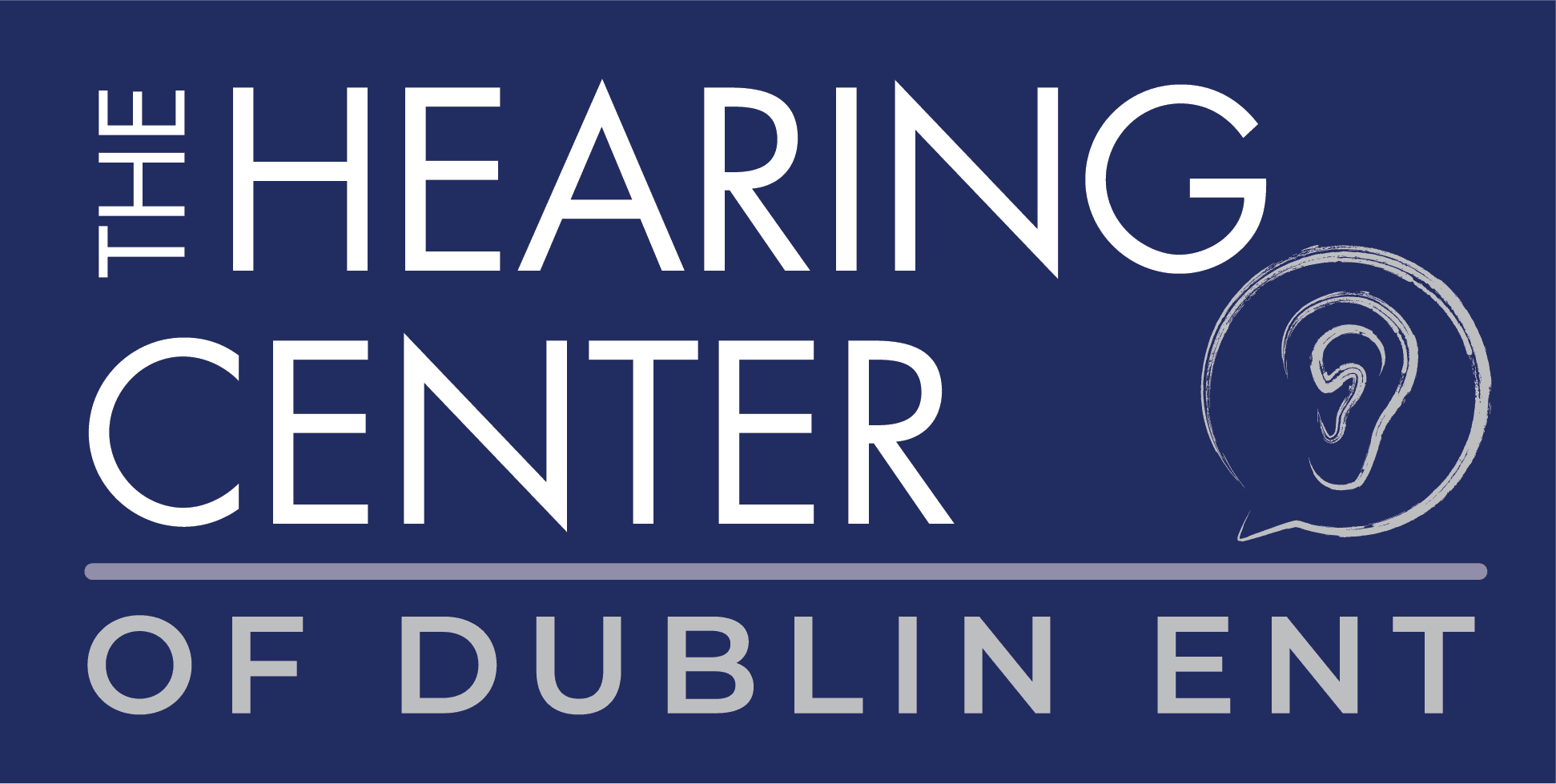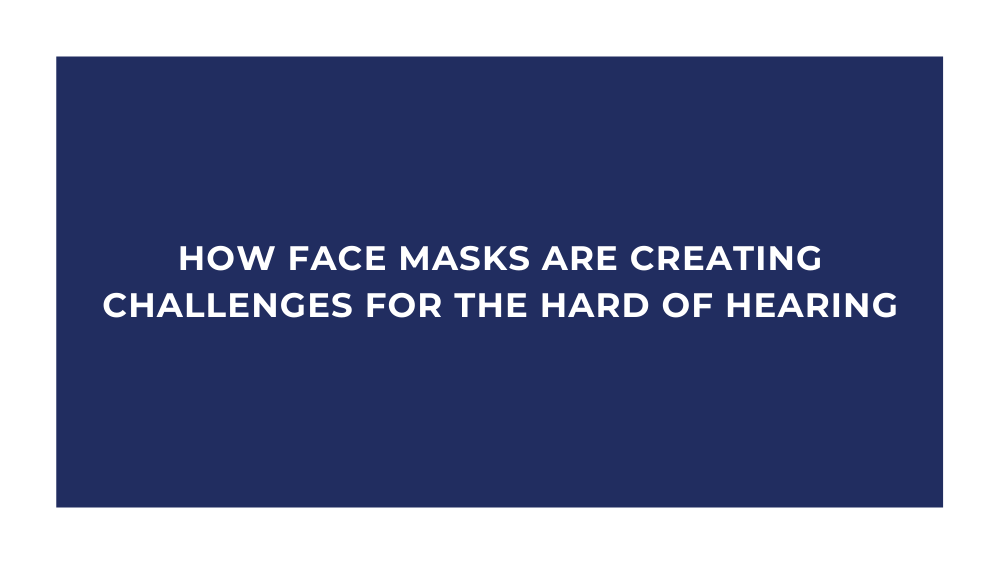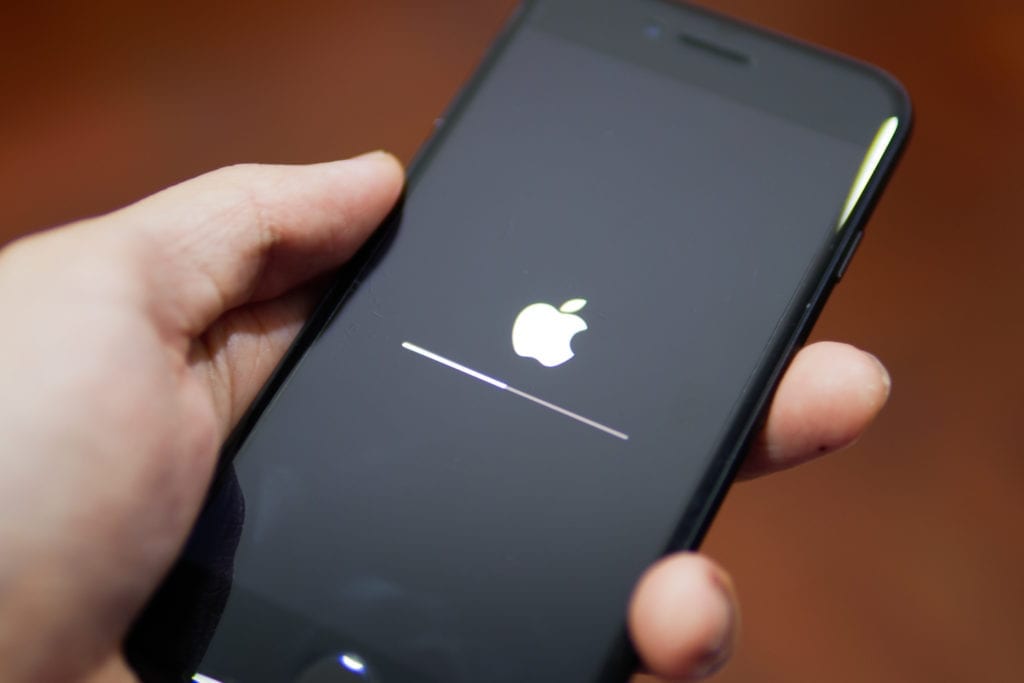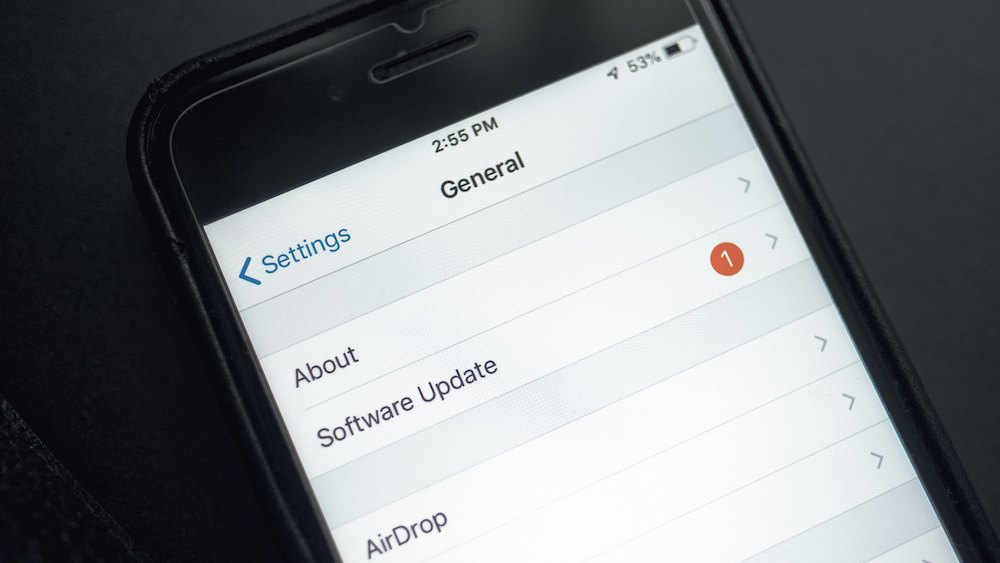There’s no item more synonymous with COVID-19 than masks. The Center for Disease Control and Prevention, the World Health Organization, and virtually every state’s department of health has been steadfast in their mask recommendations.
Not only do masks help prevent you from getting the novel coronavirus, but it helps protect others from virus particles that come from the mouths and noses of the infected.
But, while masks help prevent the spread of COVID-19, they have some drawbacks — especially for the hard of hearing. Many of those who are hard of hearing use facial expressions, lipreading, slight facial movements, and expressions to understand speech and effectively communicate. Suddenly, people’s faces are covered.
And, for the +60 million Americans that struggle with hearing loss, these preventative measures can do more than prevent disease — they can impede communication.
Face Masks: Good for Disease Prevention, Bad for Communication
Unfortunately, those that have hearing loss are all too familiar with communication barriers. But, unlike asking people to speak up, moving closer, or asking people to repeat their statements, we’re not in a situation where you can ask people to remove their masks.
There are three main problems that those who are hard of hearing are dealing with in today’s climate:
- For people who are hard of hearing, they mask facial cues and lipreading.
- They muffle speech, making it harder to hear even with hearing aids.
- Social distancing guidelines currently recommend that people stay 6 feet apart, further reducing sound waves that assist in communication.
Are you feeling left out of the conversation due to your hearing issues? Here are a few recommendations:
- Try out a speech-to-text app or bring a pen and paper.
- Have close family members or friends invest in a transparent mask. Brands like ClearMask and Safe ‘N’ Clear offer transparent masks. The Hearing, Speech, and Deaf Center also have a complete guide on making homemade clear masks.
- Leverage solutions like telehealth instead of in-person meetings. You can even have your hearing aids fine-tuned remotely with apps like ReSound.
What Can You Do to Help?
There are a few ways you can help the hard of hearing.
- Speak louder and more precise. Slow down your speech to assist with understanding.
- Ask people how you can help them understand you better. Those who are hard of hearing have unique strategies to communicate effectively. They may rely on tone and gestures. Or, they may depend on slow speech and lipreading. The easiest way to create a holistic atmosphere of verbal communication is to ask them what would make things easier for them.
- Carry a notepad and paper with you.
We know! Things are tough out there. We don’t have a ton of control. But, there is one thing that we can control: how we communicate with each other. Masks are a crucial component of our fight against this horrific virus.
Let’s remember that they also impede communication for those with hearing difficulties. We’ll get through this as a community — not just as individuals.
Do You Need Hearing Aid Help During These Unprecedented Times?
At Dublin Hearing Center, we are invested in our patients’ hearing health as well as their safety.
We currently have a 5-step safety protocol at our clinic for in-person appointments, so you can rest easy knowing you are in safe hands.
Whether you need a hearing exam, a new set of hearing aids, or hearing aid calibration, we can help you find the right solution for you.
Let’s keep your hearing in tip-top shape to help you communicate effectively. Contact us to book an appointment or discuss the alternative options available to you.




